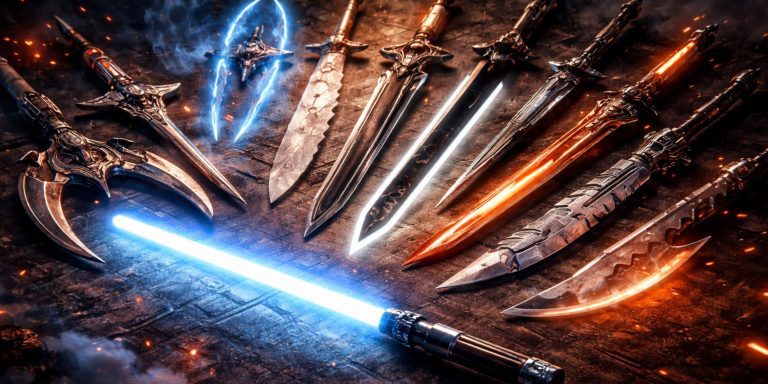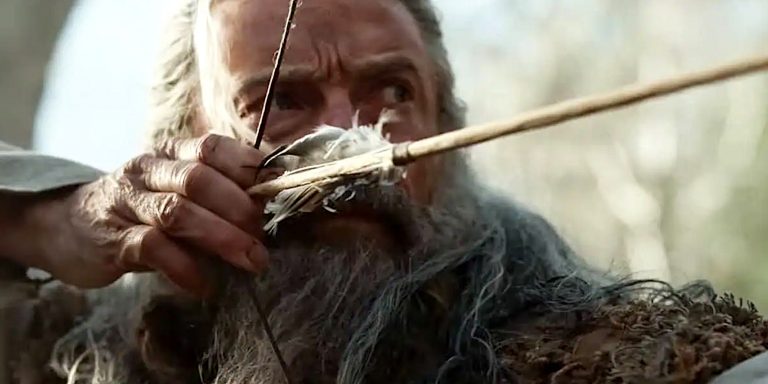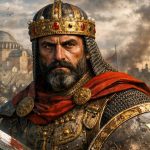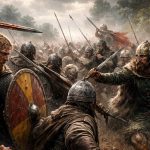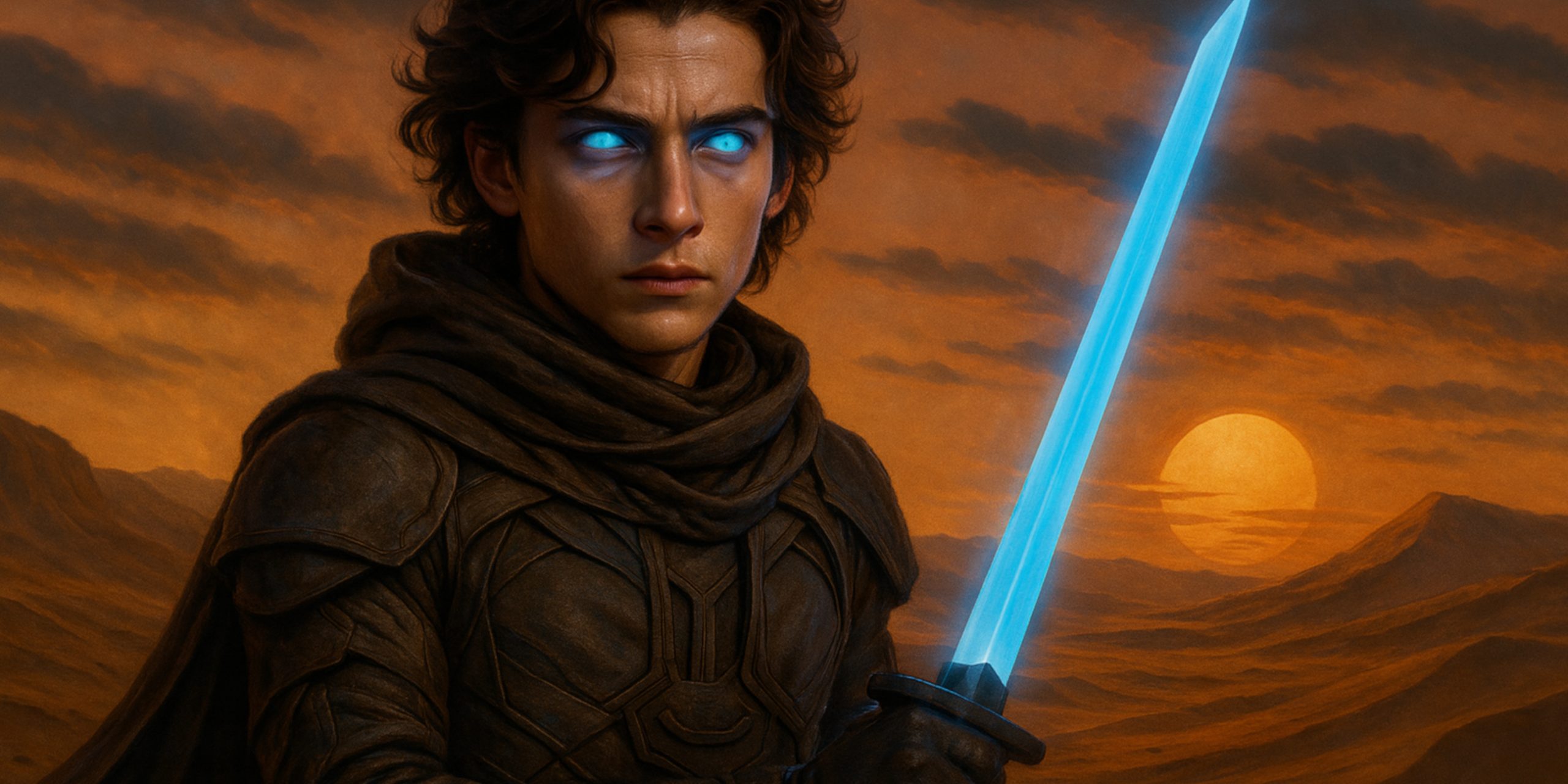
Paul Atreides, the uneasy heart of Frank Herbert’s Dune, is a science fiction protagonist who refuses to fit the usual mould. His story blends messianic myth with political manipulation, personal dread with prophetic clarity. Far from a power fantasy, Paul’s arc questions the very nature of heroism, and the recent films by Denis Villeneuve, led by Timothée Chalamet’s restrained performance, only sharpen that ambiguity.
The Burden of Inheritance and Design
Born to House Atreides, Paul is expected to embody nobility, intelligence, and strategic brilliance. His upbringing under Duke Leto and Lady Jessica prepares him for rule, but also steepens him in forces far beyond familial duty. The Bene Gesserit’s centuries-long breeding programme and their use of religious manipulation plant the seeds of prophecy that Paul is meant to fulfil. Yet he sees through the myth even as he becomes it.
On Arrakis, Paul is forced to navigate the violent intersection of ecology, belief, and colonial ambition. He becomes a symbol for the Fremen, but he never quite stops seeing the machinery behind it all. Unlike most heroes, Paul is not swept along by destiny. He perceives it in advance, and dreads it.
Prescience as Curse, Not Gift
Paul’s ability to see possible futures offers no comfort. His visions are filled with fire, conquest, and fanaticism. He understands that his ascent will trigger a jihad that burns across the galaxy, yet every attempt to avoid it tightens the spiral. He gains the power to shape events but loses the power to choose freely.
What sets Paul apart is not strength or cunning, but the constant awareness that he is becoming an instrument. He does not delude himself with ideas of noble victory. Instead, he recognises the cost, in blood, in faith, in the very self he tries to preserve.
Timothée Chalamet’s Haunted Paul
In Villeneuve’s adaptation, Timothée Chalamet plays Paul with a subdued tension that mirrors this internal conflict. There’s no brashness or posturing. His Paul is guarded, observant, and visibly worn by the knowledge he carries. This is particularly clear in Dune: Part One, where he listens more than he acts, always sensing that others are moving him like a piece on a board.
By Part Two, Paul starts to assert himself, but the shift feels uncertain. He does not revel in his power. Instead, Chalamet’s body language becomes stiffer, more burdened. His stare is longer, his silences heavier. He knows what’s coming, and he leads not from hunger for glory but because he sees no way out.
Villeneuve’s direction mirrors this unease. Paul is constantly placed against vast, indifferent backdrops, the endless desert, the ceremonies of prophecy, the stares of followers who see a god where he sees a boy. Even his moments of triumph are filmed with tension rather than celebration.
A Hero Without Catharsis
There’s no victorious crescendo when Paul rises. No rallying cry that rings clean. His choices feel like concessions, his victories come at unbearable cost. This lack of catharsis is what makes him so enduring. Science fiction often leans into clarity, good versus evil, rebellion versus empire, but Paul lives in the grey. He wins, and in doing so, sets something terrible in motion.
Chalamet captures that dread without overstating it. The performance trusts the audience to feel what isn’t said, to see the weight on Paul’s shoulders even as others celebrate him. It’s a portrayal that respects the intelligence of the viewer and the complexity of the character.
Why He Still Resonates
Paul Atreides stands apart because he doesn’t resolve into a simple answer. He doesn’t liberate the galaxy or defeat evil in clean terms. Instead, he inherits systems built to exploit belief and bends them, reluctantly, toward what survival he can manage.
He is alienated by his own insight. He is feared, worshipped, and increasingly detached. Yet he acts anyway, not to fulfil prophecy, but to protect those closest to him, to choose the least catastrophic path, even if it still leads to ruin.
In Chalamet’s performance, this conflict remains central. Paul isn’t a hero in the traditional sense. He is a warning, a mirror held up to ambition, faith, and fate. In a genre that so often celebrates chosen ones, Paul reminds us of what that really means, and what it costs.
Watch the documentary:


